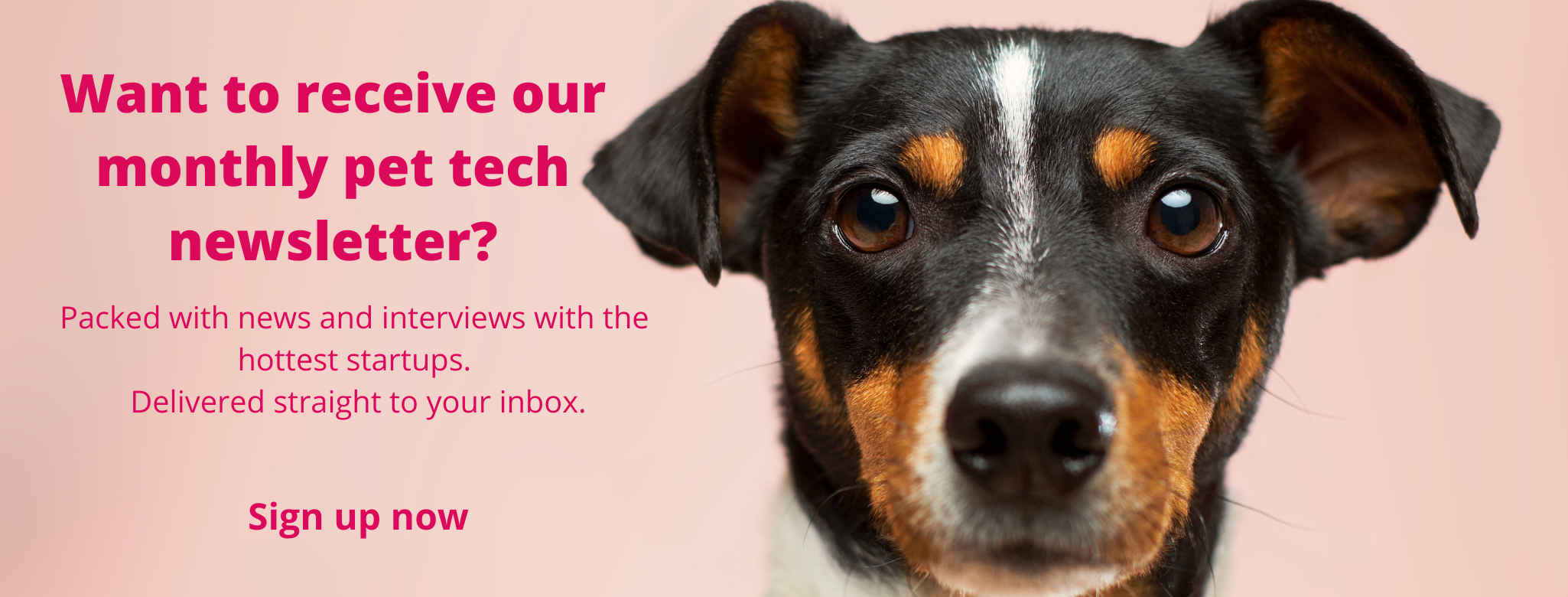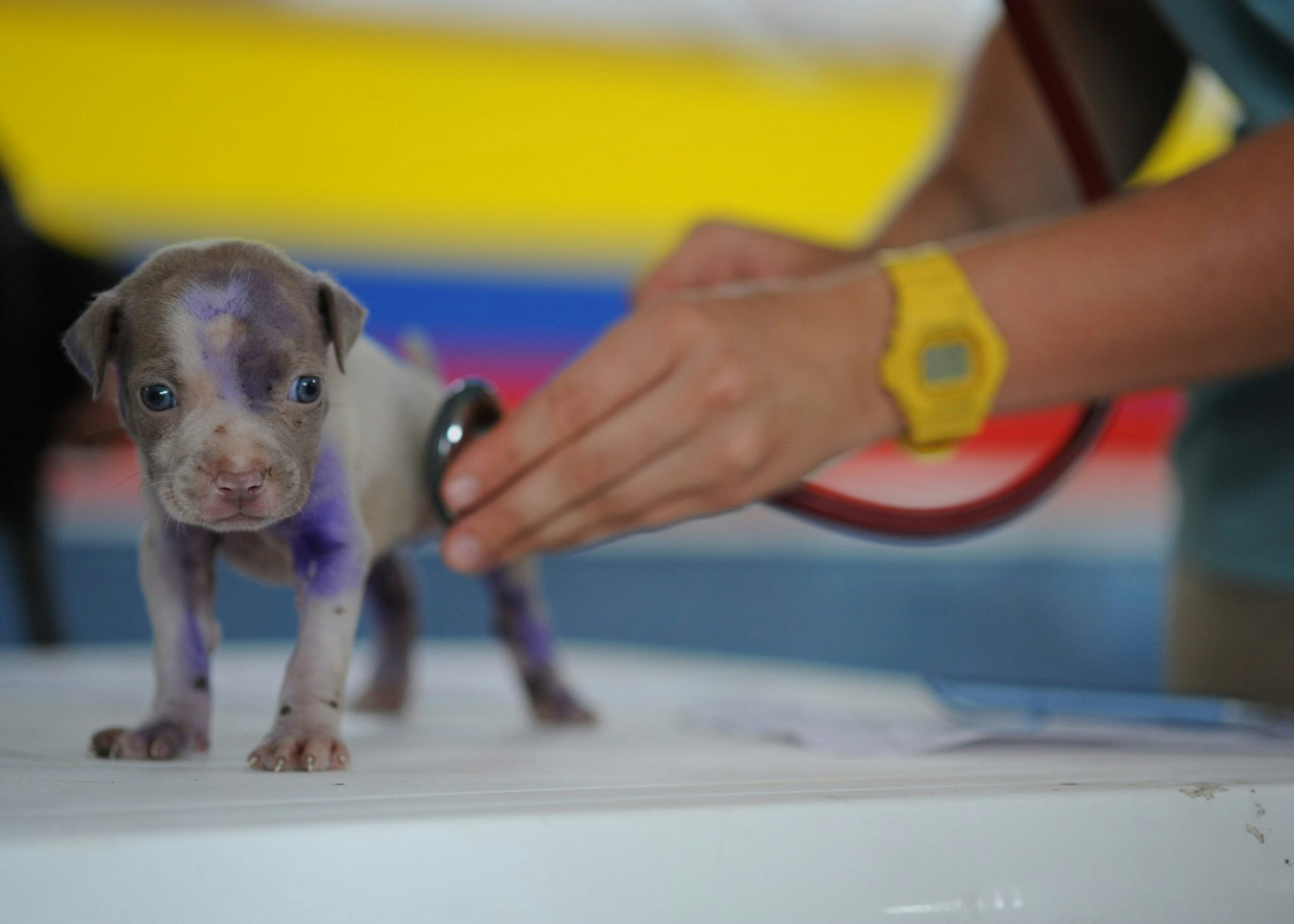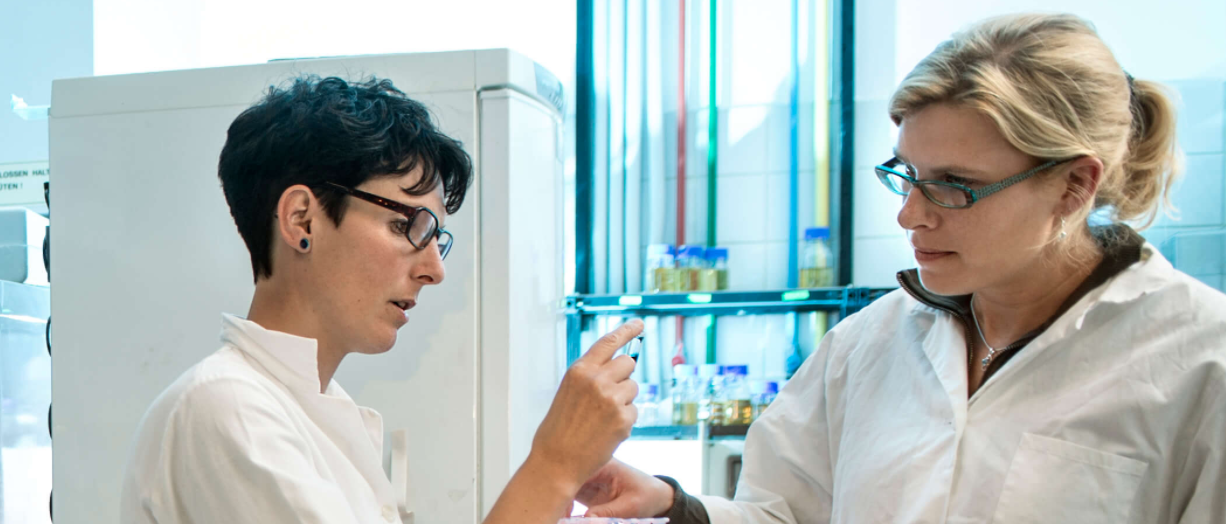In June this year, in the largest VC pet industry deal of the year, London-based insurtech Bought by Many completed a $350m Series D round led by Sweden’s EQT Growth, thrusting it to a $2bn valuation. Founded in 2012, the company is benefiting from rising levels of pet ownership.
There is no national health service for pets, so all costs for illness or accidents are borne by owners. These can easily run into four and five figures. Shelling out £15,000 for medical bills is not unusual, says Steven Mendel, Bought by Many’s chief executive officer. The escalating cost of acquiring new pets due to surging demand has led to owners looking at coverage. “When you are spending thousands of pounds on a pet, suddenly spending £50 a month or so on insurance seems a logical decision,” says Mendel.
The big players all “came and left again”.
Bought by Many’s success is the latest sign of startups thriving in a sector that conventional insurers might have expected to dominate. In reality, big players have struggled in the market. Lloyds and Halifax “came and left again”, according to Beverley Cuddy, chief dog officer at ethical breeding platform Tailwise.
For one thing, pet insurance, unlike motor insurance, say, is not mandatory. Combined with the fact that fewer households own pets (44% in the UK) than cars (77% in the UK), this makes the market fairly small. The usual insurer playbook — using volume to drive down prices to win on comparison sites — does not work.

The relationship between claims and policies is very different — in key respects, it is the exact opposite of other insurance categories, with claims more likely in the early months and years of a dog’s life when sickness is more common.
“You’re going to burn cash for a long time, partly because of the dynamics of what you are insuring; young pets have quite high claims and when you have a new book of business, you’re generally insuring younger pets,” says Mark Colonnese, director at Aquarium, a UK-based insurtech acquired by US pet insurer Trupanion in 2020. It is “cash-intensive; you can’t expect to write a bunch of policies and turn a profit straight away”.
You can expect six claims for every ten insurance policies in a given year in the UK.
Insurers must be braced for higher claims ratios too, Colonnese tells Sifted. “You can expect six claims for every ten insurance policies in a given year in the UK,” he says. In the US, claims run at 150%. This is a limiting factor to growth. “You hear in the marketplace of companies getting into bother and having claims backlogs lasting many months”, says Colonnese.
Pet owners are also far more discerning when choosing a policy relative to how they shop around for cover on cars or home insurance. “Some people really care passionately about their cars, but mostly people just want to get them back on the road,” says Steven Mendel. “The concept of a satisfied customer looks very different in pets; consumers are more exacting in what they want from a pet insurer. It’s about getting in the mindset of pet owners; in essence, you are talking about their loved ones."
It’s about getting in the mindset of pet owners; in essence, you are talking about their loved ones.
Rather than tacking pets onto an insurance business, then, successful startups are taking the opposite tack of using pet insurance as a platform to build out a wider pet wellbeing business. Bought by Many will use its recent fundraise to accelerate its transition towards becoming “the world’s largest pet health provider enabling pet owners to have better, longer and healthier experiences with their pets,” says Mendel.
Alexandre Krief, cofounder and CEO of a new French pet insurtech called Kozoo, is also looking to build out of the pet insurance business. “We are looking for a strong integration of our insurance product into the pet ecosystem — pet food, sitting, pet-care, Internet of Things,” he tells Sifted. “The end game is to become a marketplace that allows us to be a one-stop-shop for pet owners.”
The end game is to become a marketplace that allows us to be a one-stop shop for pet owners.
To leapfrog the problem of service deterioration following growth, software companies and newer entrants to the market are using digital innovation to streamline and automate. Pricing policies and managing claims can all be optimised by data — some breeds of animals, for instance, are more exposed to congenital diseases.
Trupanion, Aquarium’s parent company, is now investing heavily in technology to integrate into vet practice management systems to harness intelligence from invoices, medications, and treatment histories, using optical character recognition (OCR) technology, to get more granular data, says Mark Colonnese.
“You can build up AI and machine learning models and look at things like what type of pet this is, how old it is, where does it live, what’s it suffering from, and then reconcile that with past medical history, what’s on the invoice, how much is being claimed and how that matches other similar conditions. From there you can look at where a claim is appropriate and where possible, look to pay that claim automatically”.
We believe in France, Germany and the Mediterranean, there is large room for growth.
One question for pet insurtechs in the years ahead will be whether they can build a good book of business in continental Europe. The percentage of pets with insurance cover reaches 80% in Sweden, 30% in the UK and in France, it's as low as 6-7%. For some, that might look like a ceiling on growth but for Kozoo’s Krief it’s an opportunity.
“We believe in France, Germany and the Mediterranean, there is large room for growth.”
This is the first in a series of seven articles on pet tech that Sifted has created for the Unleashed pet tech newsletter. The Unleashed newsletter is sponsored by Purina Accelerator Labs but these articles have no editorial oversight from Purina.
To make sure you don't miss any stories, sign up for the newsletter here.


